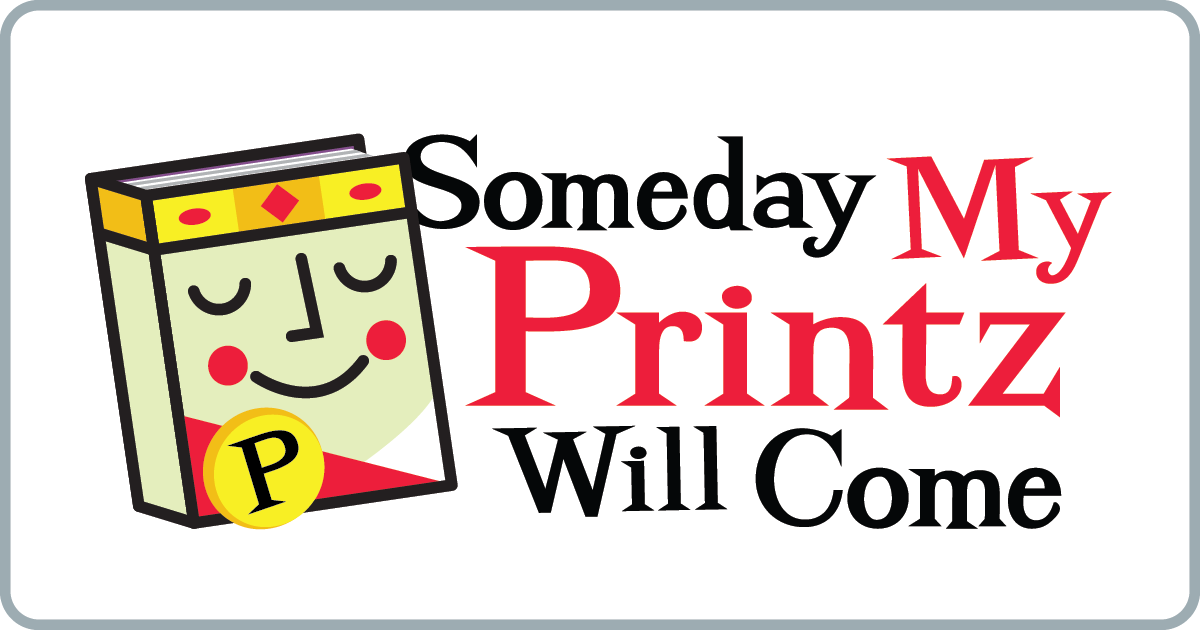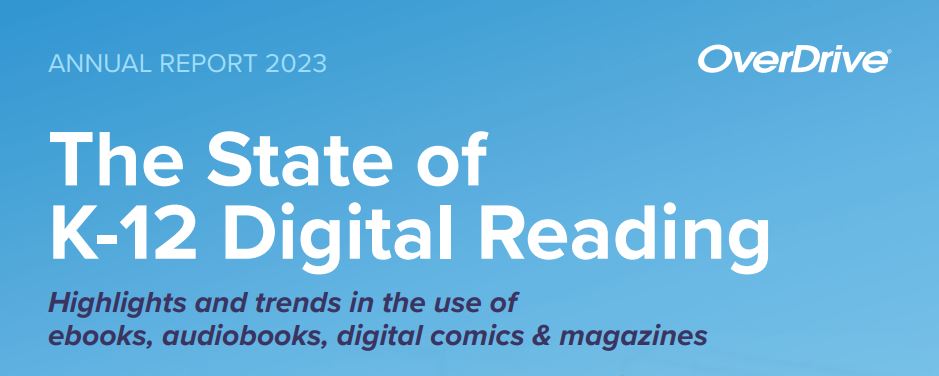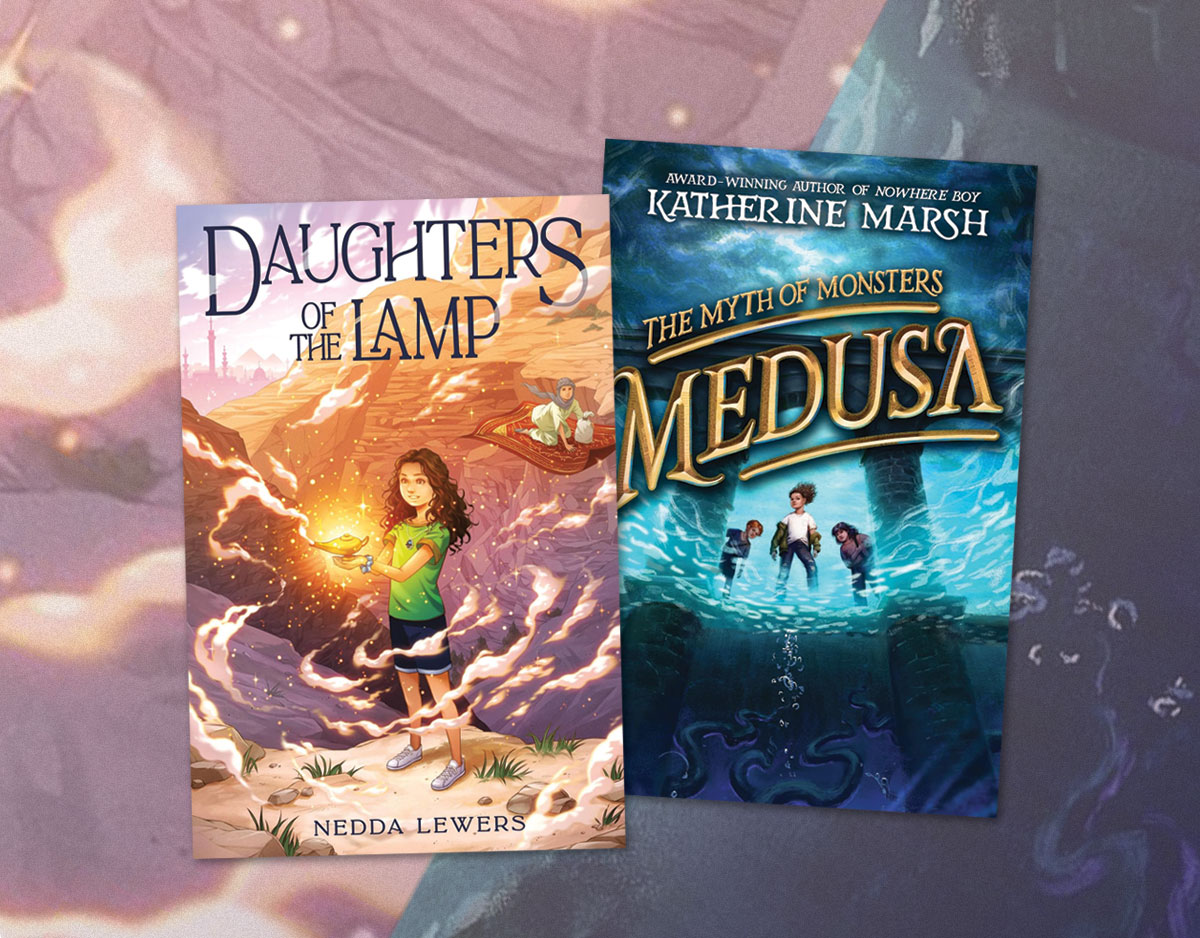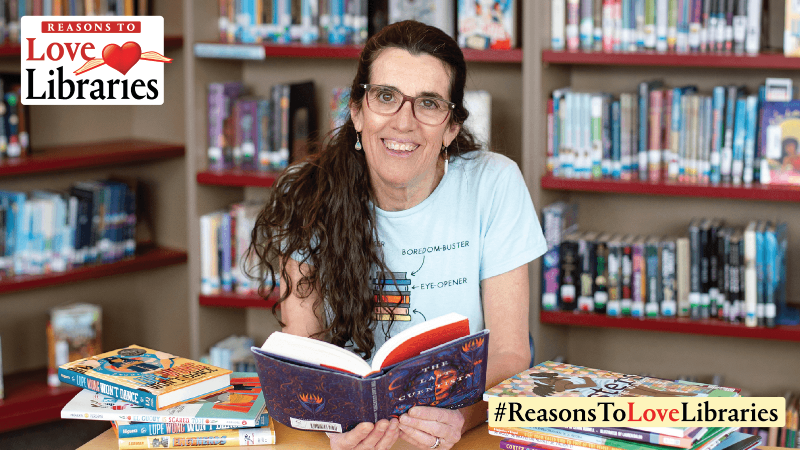SCROLL DOWN TO READ THE POST
Symptoms of Being Human, Take 2
 Symptoms of Being Human, Jeff Garvin
Symptoms of Being Human, Jeff Garvin
Balzer + Bray (HarperCollins), February 2016
Reviewed from final e-book
Despite the title, this is probably more like take 4. This is somehow a hard review to write. I keep slipping away from the book itself and into all the things that surround this book: the importance of representation and mirrors in YA lit; the long history of binary systems in human thought and the way interstitial anything creates anxiety (there may be a thesis in my past about cross-dressing in Shakespeare and Marlowe and how actually social transgressions are usually more condemned than sexual transgressions, and as a result of that thesis I may have read a lot about binaries and sexuality and gender at various points in my life). The earlier draft went into #weneeddiversebooks and gatekeepers, collection development, the fact that the author of this book is a cis-het white male, and a host of other things.
But none of that is really getting at the purpose here, which is to assess a book as a literary object. Which is not to say that none of it has bearing — but when I hit 1,000 words and was still on the issues around the text, I decided to start over. So here we go again: Symptoms of Being Human — Printz worthy or not?Let’s start with accuracy, because if this book doesn’t succeed there, it fails everywhere. Look, I’m also cis-het; I can’t claim to know for sure what’s accurate or not here, but I’ve taught students who identify as trans and students who identify as gender fluid, and I’m doing my level best to learn from them and from various wonderful people who have come in to do trainings with my colleagues and I as we try to support our kids. From that perspective, this book is pretty spot-on. (Too spot on?) Garvin acknowledges in the afterword that Riley has advantages many non-binary and trans people do not have — Riley has a supportive, powerful, wealthy family, and medical and emotional support through the wonderful (and doubtless very expensive) Dr. Ann. This may make Riley’s journey easier than it might have been, but it’s still far from easy. From the start, Riley suffers from paralyzing anxiety related to gender dysphoria, and the sexual assault (the word rape is never used in the text, but references around the assault seem to indicate that it was) is brutal and terrible; Riley suffers from PTSD in the 10 days we see following the assault. But Riley also has the training and the situation available to become an activist, which for many survivors is a path to empowerment and peace. Again, a complaint could be leveled that it’s too easy, that the situation is too perfect to allow Riley this happy ending (relatively speaking; Riley gets Bec, finds inner peace, and harnesses a 15 minutes of fame moment to make the world at least more educated and hopefully a better place — but it follows some awful things so it’s unlikely that this is a permanent happy ever after). But given the advantages Riley has in life, that this is where Riley ends up seems entirely believable. Riley struggles even with Bec and Solo, trying to figure out interactions that are altered by the fact that Riley changes various “rules” (which are learned and arbitrary) but not having a single defined gendered self. We are taught to take binary information — male/female, gay/straight — and use it to navigate interactions. Riley doesn’t; those moments when Riley “overshoots” and says something that lands awkwardly feel so true to the way that Riley, and Solo in particular, are navigating a relationship they haven’t seen modeled, because the media models are still stuck on either/or, this/that — binaries. Bec has some additional information and modeling because of her sister, but there again, there is awkwardness and misunderstanding. And it’s not just the hard stuff that feels real. The dialogue between all of them is wonderful; they are witty, nerdy, pop-culture referencing. They enjoy each other and don’t totally get each other; they have that intensity, despite the relative newness of the relationships, that belongs to adolescence, when everything is achingly now and love (friendly or romantic) has an urgency.
ADVERTISEMENT
ADVERTISEMENT
(Our library copy is in the hands of a student right now, which of course is the final litmus test of authenticity. I’ll keep you all posted.)
Also on the accuracy front, I thought the blog as a device for some info-dumping as well as a vital element of the plot and of Riley’s journey was one of the more graceful exposition devices possible. For the reader coming at this as a mirror, it’s not insulting to read a textbook-sounding definition, because that reader can side with Riley in that moment, as the person in the know. Meanwhile, the window reader gets information they may need, delivered in a manner that makes perfect sense within the text.
Going down the literary checklist, I’ve already mentioned voice; Riley’s voice is strong, although maybe (this is something I often find in first person narratives) a little more solid and confident than Riley’s internal struggles might lead you to expect. The pacing and story are, I think, very tight. Everything unfolds in a seemingly inevitable way, given what has gone before. Even the assault is carefully foreshadowed. And can we take a moment to admire the packaging? The cover is eye catching and absolutely perfect.
So would I nominate this?
Well. Yes. If for no other reason than to make sure we talk about it. There are almost no books out there with gender fluid main characters; there’s A in Every Day, but that’s a different kind of fluid, given the lack of body and therefore the lack of gender assignment. A never feels like the body is wrong. This is an important book. It’s representation that has been sorely lacking on the shelves. And it’s good.
Would I expect this to go the distance? No, probably not for Printz (the convenience of Riley having all the advantages needed to survive and succeed will ring false for some; the sometimes clinically perfect descriptions of depression and anxiety may feel too message driven or purposeful). But I’d love to see this make the Morris short list, and I think with the smaller pool this should definitely stand a chance.
What do you all think? At least one commenter alluded to this as problematic, and I’d love to hear more about that. Also only two stars, so obviously the reviewing community wasn’t as convinced as I am. So have at it: yay or nay? Or, because that’s just another binary, perhaps we all want to revel in the interstitial maybe space?
Filed under: Books to look for, Contenders, Fiction
About Karyn Silverman
Karyn Silverman is the High School Librarian and Educational Technology Department Chair at LREI, Little Red School House & Elisabeth Irwin High School (say that ten times fast!). Karyn has served on YALSA’s Quick Picks and Best Books committees and was a member of the 2009 Printz committee. She has reviewed for Kirkus and School Library Journal. She has a lot of opinions about almost everything, as long as all the things are books. Said opinions do not reflect the attitudes or opinions of SLJ, LREI, YALSA or any other institutions with which she is affiliated. Find her on Twitter @InfoWitch or e-mail her at karynsilverman at gmail dot com.
ADVERTISEMENT
SLJ Blog Network
The Moral Dilemma of THE MONSTER AT THE END OF THIS BOOK
Cover Reveal and Q&A: The One and Only Googoosh with Azadeh Westergaard
K is in Trouble | Review
A Reading Community: A Love Letter to Local Independent Bookstores, a guest post by Heather Del Piano
The Classroom Bookshelf is Moving
ADVERTISEMENT
ADVERTISEMENT







